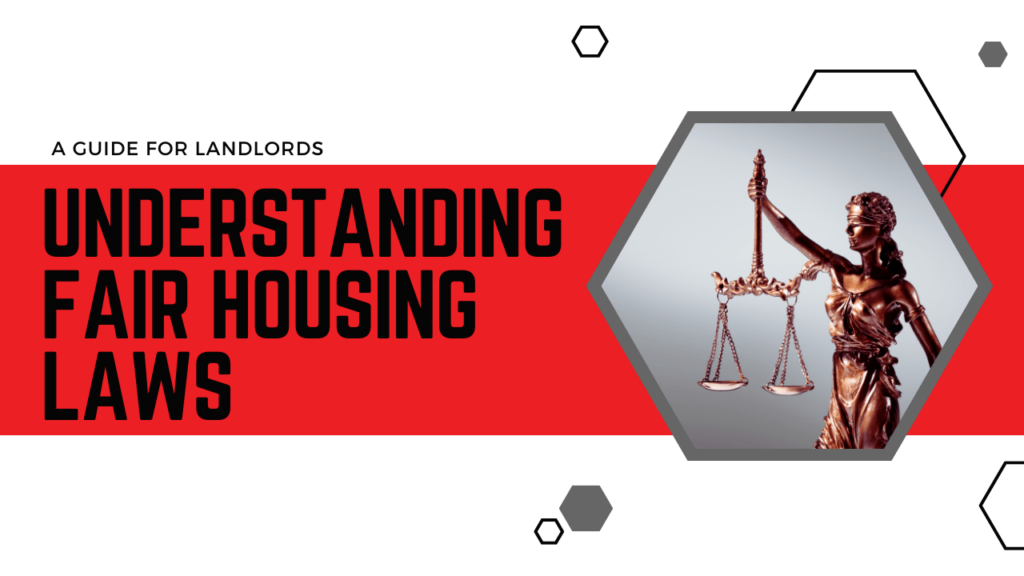
As a landlord in California, it is essential to follow fair housing laws to avoid conflicts and discrimination. Ignoring these laws can lead to costly legal disputes, large financial penalties, and even ruin your reputation as a landlord.
Here’s something interesting about California: our state fair housing laws are even stricter than the federal law. This should come as no surprise considering Cali’s tenant-friendly regulations and restrictions.
We don’t want you to make an expensive fair housing mistake. So, we encourage you to work with a local property manager and to pay attention to these basics, which we’re sharing with you today.
Protected Classes Federally and in California
The federal Fair Housing Act establishes seven protected classes of people. You cannot deny anyone housing or treat any applicants or tenants unfairly based on:
- Race
- Color
- Religion
- National Origin
- Sex
- Disability
- Familial status
Fair housing laws in California prohibit discrimination against tenants based on all of these protected classes, and also an entire list of other characteristics. In Cali, fair housing protections extend to:
- Sexual orientation
- Marital status
- Age
- Gender identification or expression
- Ancestry
- Citizenship
- Military service
- Primary language
- Immigration status
- Marital status
- Source of income
Types of Discrimination in California Rental Housing
There are two types of discrimination that landlords may come across when renting properties in California: disparate treatment and disparate impact. Disparate treatment happens when landlords treat certain tenants differently based on their protected class. Disparate impact is when policies or rules have a harmful effect on tenants from specific protected classes.
Having policies in place that clearly establish your processes for leasing, managing, and maintaining your property will protect you from discriminating – even unintentionally. Most landlords don’t believe that they’re intentionally setting out to discriminate. But, even using the wrong language in a rental listing or using different screening criteria for one tenant than you use for another can be considered discrimination.
Legal Requirements for California Landlords
 California landlords must follow numerous fair housing requirements to avoid legal disputes. First and foremost, landlords must treat all tenants equally and provide equal opportunities to all applicants. This means avoiding discriminatory language in advertising and using objective processes to screen tenants based on consistent criteria.
California landlords must follow numerous fair housing requirements to avoid legal disputes. First and foremost, landlords must treat all tenants equally and provide equal opportunities to all applicants. This means avoiding discriminatory language in advertising and using objective processes to screen tenants based on consistent criteria.
Fair housing compliance also includes allowing for reasonable accommodations for tenants with disabilities. You may need to install a wheelchair ramp into a home if one is not already provided, or reserve a designated parking space for your tenant with a disability. You’ll also need to allow service and emotional support animals, even if you have a strict no-pet policy. Fair housing laws do not see service animals and support animals as pets; they’re seen as accommodations.
As a landlord in California, following fair housing laws is critical to avoiding legal disputes and ensuring equal opportunities for tenants. By understanding the protected classes, types of discrimination, and legal requirements, landlords can create rental policies that comply with fair housing laws.
You’ll want to adopt all the industry best practices around fair housing, such as removing discriminatory language from listings and considering objective criteria in tenant screening. Overall, you want to establish a reputation for treating tenants fairly. If you’re struggling or not sure what this means for you and your property, please contact us at ZenPro Property Management. We can help you remain compliant and out of legal trouble.
